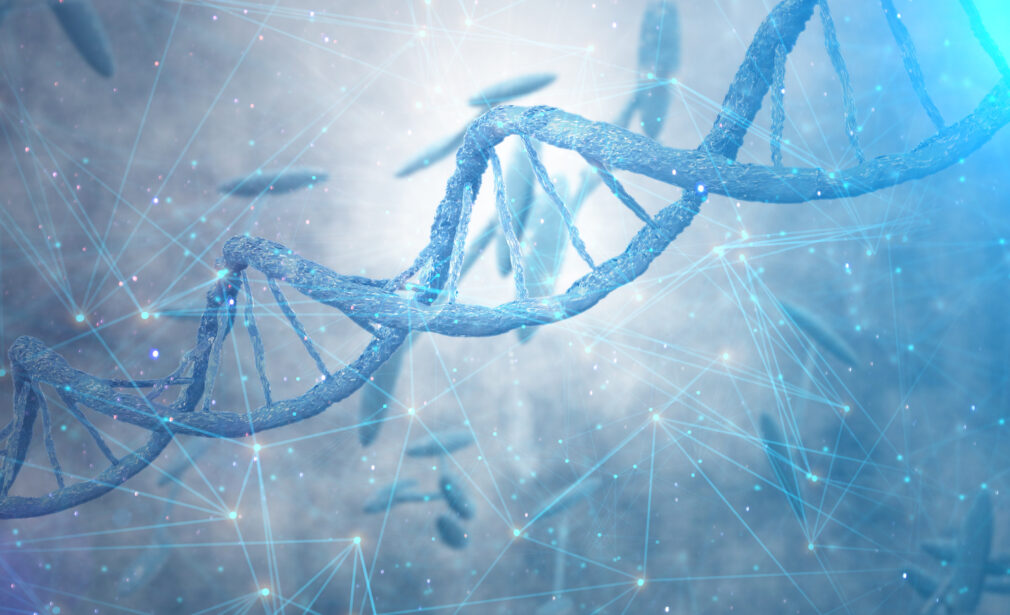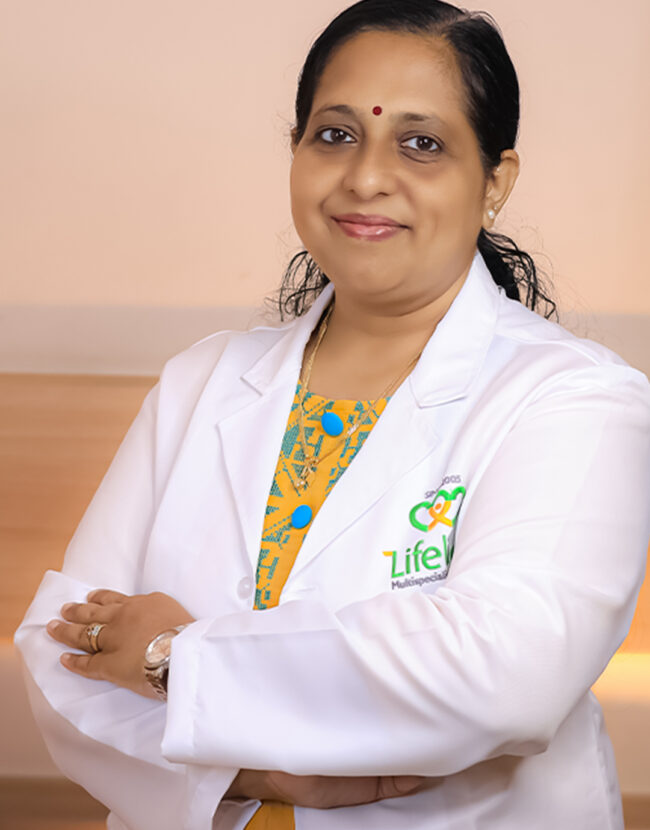Department of Genetics at The Lifeline Hospital
The Lifeline Hospital’s Department of Genetics provides cutting-edge genetic testing and counseling services, utilizing advanced technology like Next-Generation Sequencing (NGS). Our team of experienced geneticists and healthcare professionals is dedicated to delivering personalized care and support.
Why Choose The Lifeline Hospital's Genetics Department?
Advanced Technology
Expertise
Personalized Care
Comprehensive Genetics Services
Genetic Testing
- Hereditary Cancer Testing: NGS-based multi-gene panel testing for cancer diagnosis and targeted treatment.
- Infertility Testing: Karyotyping to rule out genetic disorders like Klinefelter syndrome and Turner syndrome.
- Prenatal Testing: Non-invasive prenatal testing (NIPT) and invasive prenatal testing.
- Pharmacogenomics: Personalized treatment based on your unique genetic makeup.
Genetic Counseling
Newborn Screening
Our Doctor
Dr. Sreelatha Nair
Refined Wellness
for Your Body and
Mind
FAQs for Genetics in Pathanamthitta, Kerala
Genetic testing analyzes your DNA to identify changes that may cause inherited conditions. It’s recommended for individuals with a family history of genetic disorders, cancer, infertility, or recurrent pregnancy loss.
NGS is an advanced technology that allows us to test multiple genes at once with high accuracy. It’s especially useful for hereditary cancer panels and pre-implantation or prenatal diagnosis.
While a referral can be helpful, it’s not always required. You can directly contact our Genetics Department to schedule an appointment for testing or counseling.
Yes, we offer non-invasive prenatal testing (NIPT), which uses a blood sample from the mother and poses no risk to the baby. Invasive options are also available when needed, with proper medical guidance.
Absolutely. All genetic information is handled with strict confidentiality and shared only with you and your authorized healthcare providers.
Error: Contact form not found.
Contact Us
Phone: +91-4734/219500
Email: info@lifelinehospitalkerala.com



